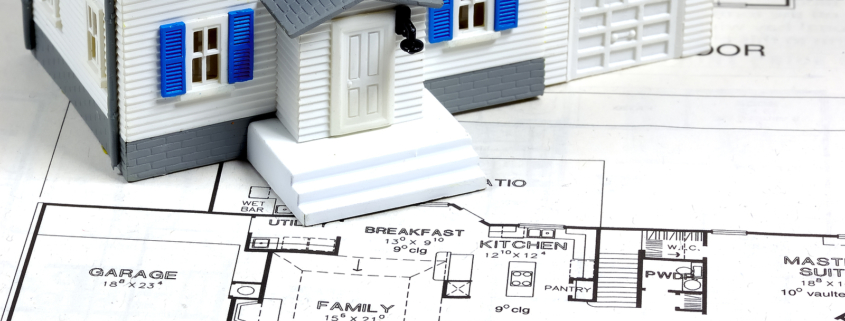Do You Need Planning Permission For A Home Extension?
If you want to get a home extension there are two things you will need. One is to find a skilled and experienced builder to do a great job. The other is to establish whether you need planning permission for this.
There are many misconceptions about what people can and cannot do, but it is always wise to find out first, as nothing can be worse than building something, realising you need permission, and then having to get it pulled down because you can’t get retrospective planning consent.
To begin with, in most homes, you can extend within certain parameters using permitted development rights, without having to apply for planning permission.
For example, this only enables the extension to cover up to half the ground space of the original house and it cannot be higher than the existing roof or eaves. The height cannot exceed three metres where the extension comes within two metres of the property boundary. You should also use similar materials to those in the existing property.
Within these parameters, your extension should be permissible. Planning permission will need to be sought if it exceeds these, or if you want to add features like a balcony, satellite dish, chimney, or alterations to the existing roof.
Further considerations will apply in three special instances that may impact your property.
The first concerns the property itself. If it is listed, there will be restrictions on what you can do. There are 370,000 listed structures in England, although most are not homes people live in. If your house is listed and you do want to make any alteration to it, you will need to seek listed buildings consent to do so and there is no guarantee it will be granted.
Other considerations are connected with location. If you live in a conservation area, the need to maintain its character may constrain your ability to make significant changes to your property. These are common in urban areas; for instance, Birmingham has 29.
Finally, those living in national parks are subject to very strict planning rules. The one affected part of the West Midlands is an area of Staffordshire in the Peak District.



